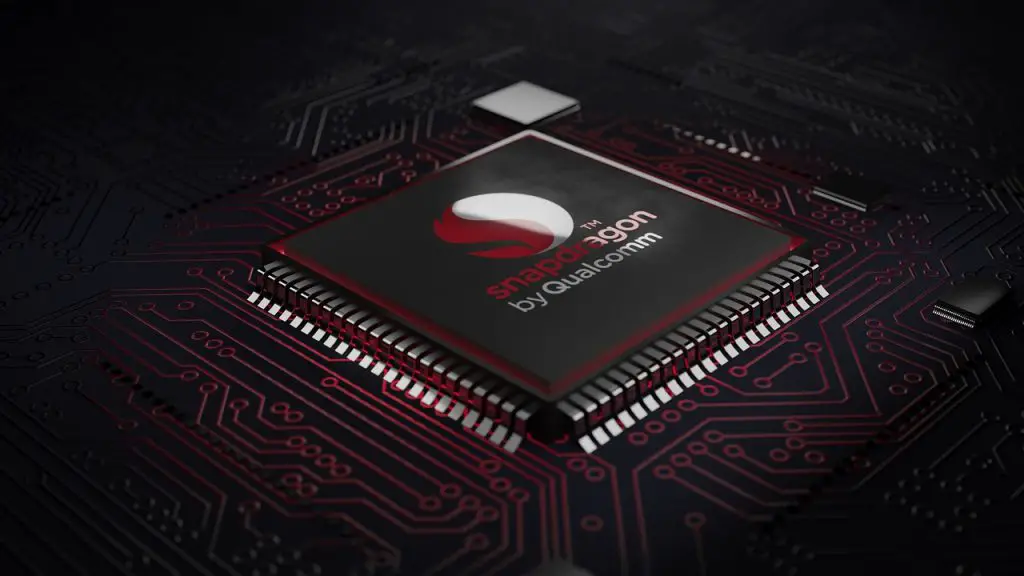
Qualcomm has released its financial results for the second quarter of fiscal year 2025, reporting revenue of $10.836 billion and net income of $2.81 billion. The company emphasized its ongoing commitment to expanding cross-sector business development.
Of the total revenue, Qualcomm Technologies accounted for $9.469 billion. Within this segment, mobile chipsets contributed $6.929 billion, automotive solutions brought in $959 million, and Internet of Things (IoT) operations generated $1.581 billion. Meanwhile, Qualcomm’s licensing business contributed $1.319 billion.
While Qualcomm’s core strength continues to lie in mobile and communications chips—with longstanding partnerships still in place with major players like Samsung, sustaining its global chip shipment advantage—the company faces growing headwinds. Its relationship with Apple may be tested by the emergence of the Apple C1, the company’s first in-house 5G modem chip. In parallel, Chinese smartphone manufacturers are increasingly collaborating with MediaTek, with some product lines now shifting primarily to MediaTek chipsets. These developments are prompting Qualcomm to explore a more diversified business model.
To that end, Qualcomm has been deepening its presence in the IoT and automotive sectors. Recent years have seen the company strengthening ties with automakers, while in the industrial IoT space, it has launched the Dragonwing brand, based on Snapdragon technology. Additionally, Qualcomm is leveraging its acquisition of NUVIA to enhance its custom architecture capabilities—utilizing the Arm instruction set to boost processor performance and drive the development of Windows on Snapdragon laptops. These efforts reflect strategic positioning in anticipation of evolving market demands.
Regarding its legal dispute with Arm, a U.S. court recently ruled in Qualcomm’s favor, validating its licensing practices and affirming their legitimacy. Following this decision, Arm withdrew its lawsuit accusing Qualcomm of improper use of instruction set licenses. In response, Qualcomm submitted formal complaints to the European Commission, the U.S. Federal Trade Commission, and South Korea’s Fair Trade Commission, alleging that Arm had engaged in monopolistic behavior by abusing its market position. Arm has yet to respond to these new accusations, though it previously stated that it would continue to appeal the unfavorable ruling, asserting that Qualcomm’s actions were aimed at protecting its own commercial interests.


